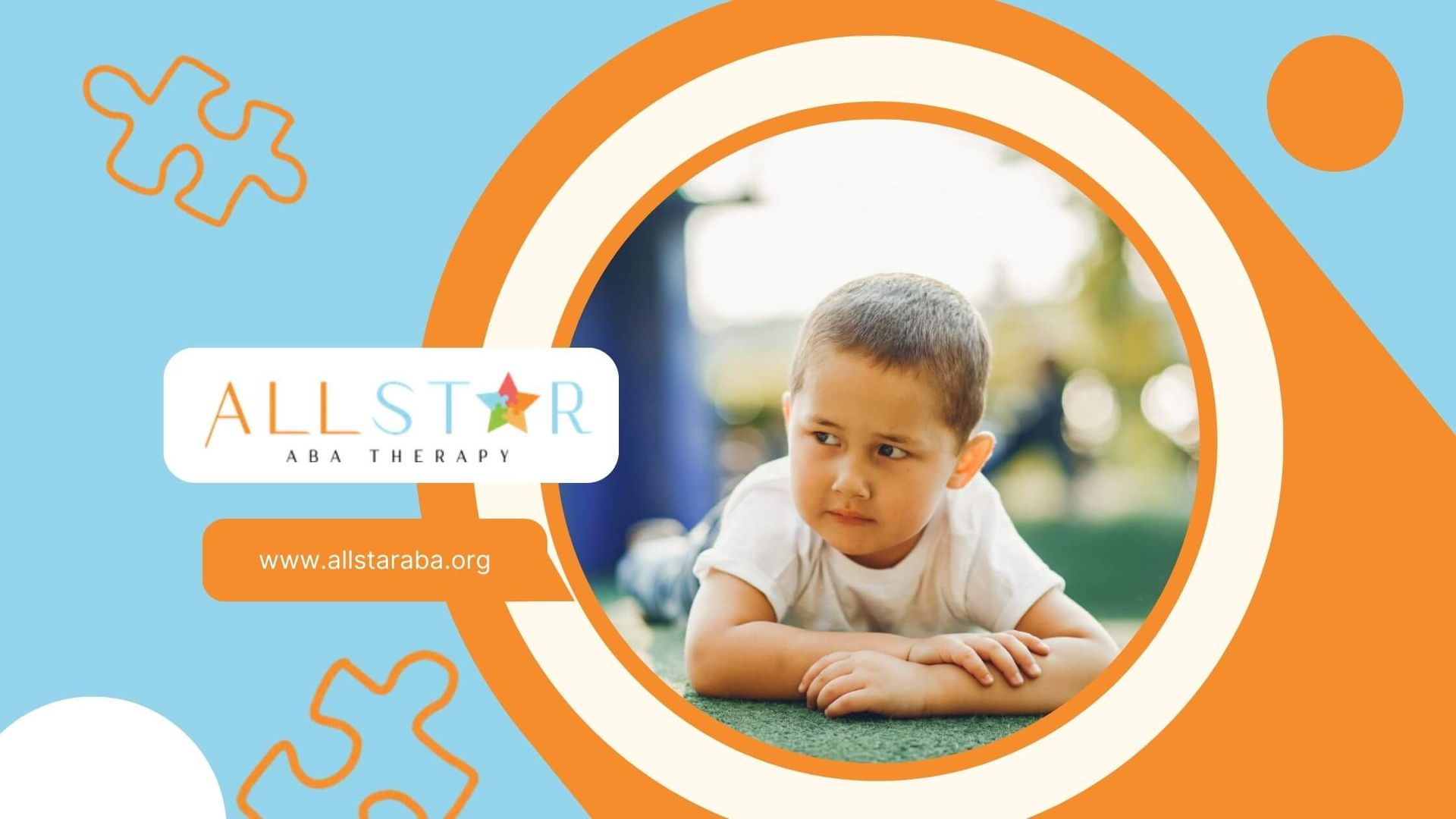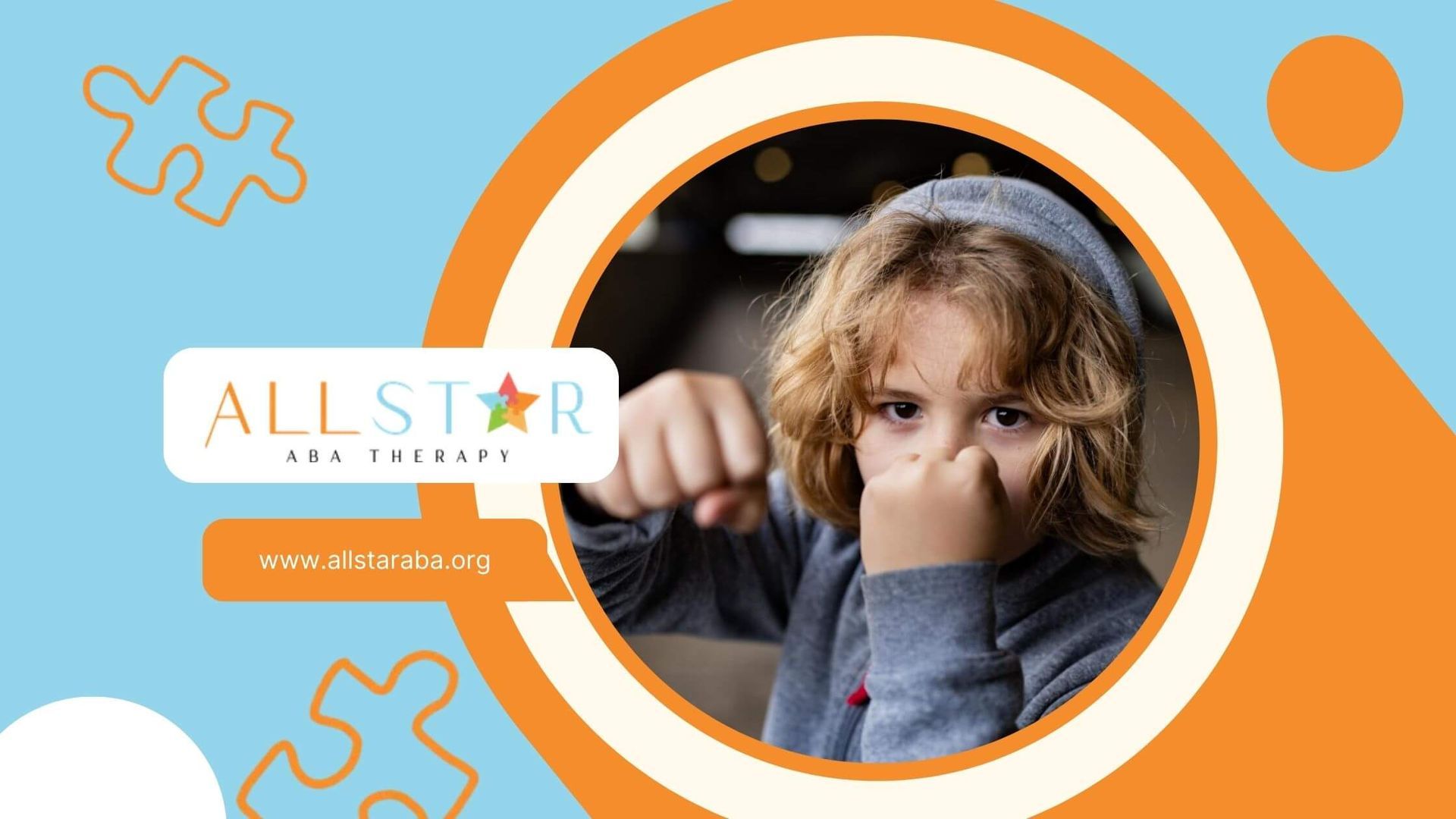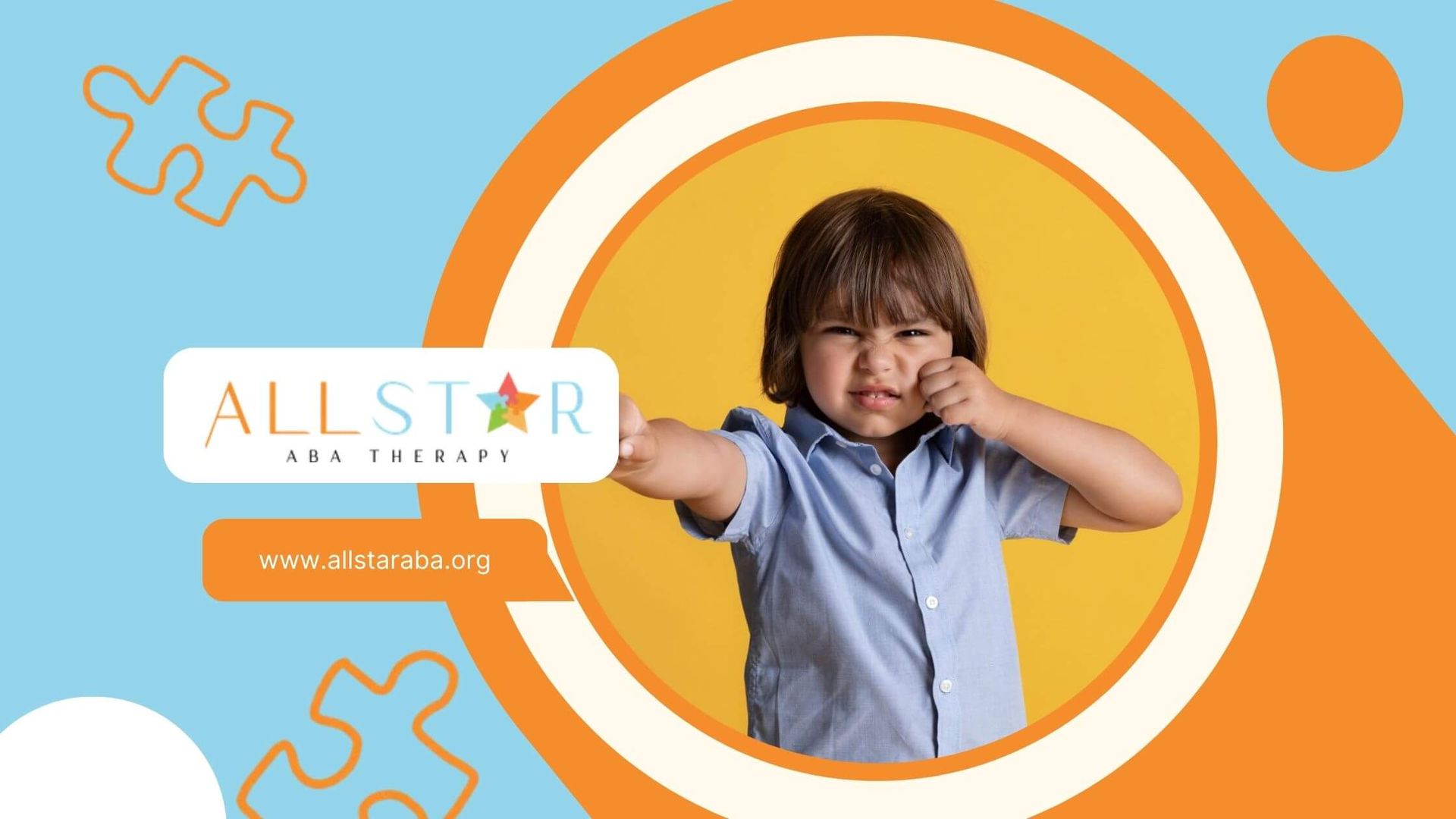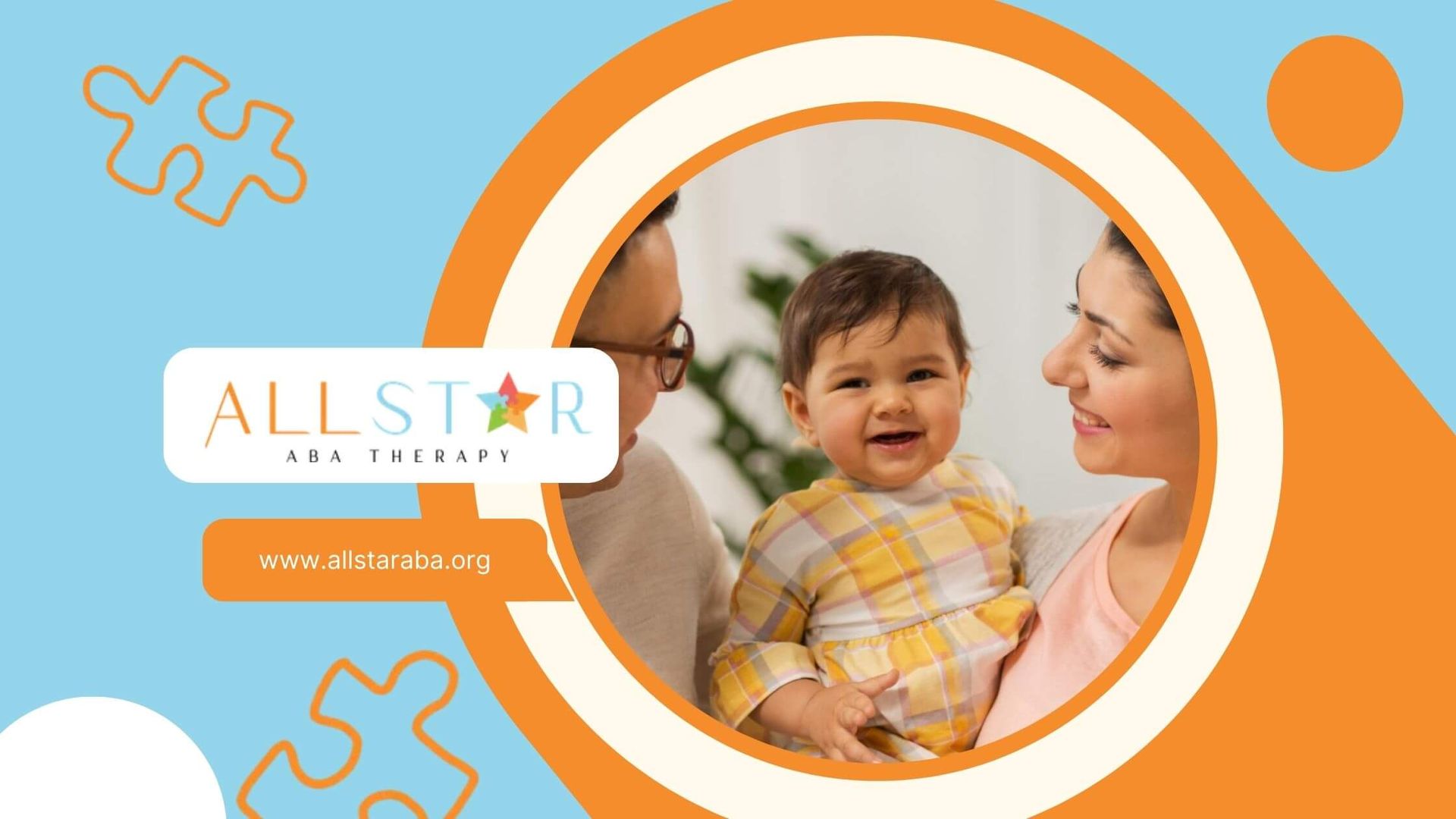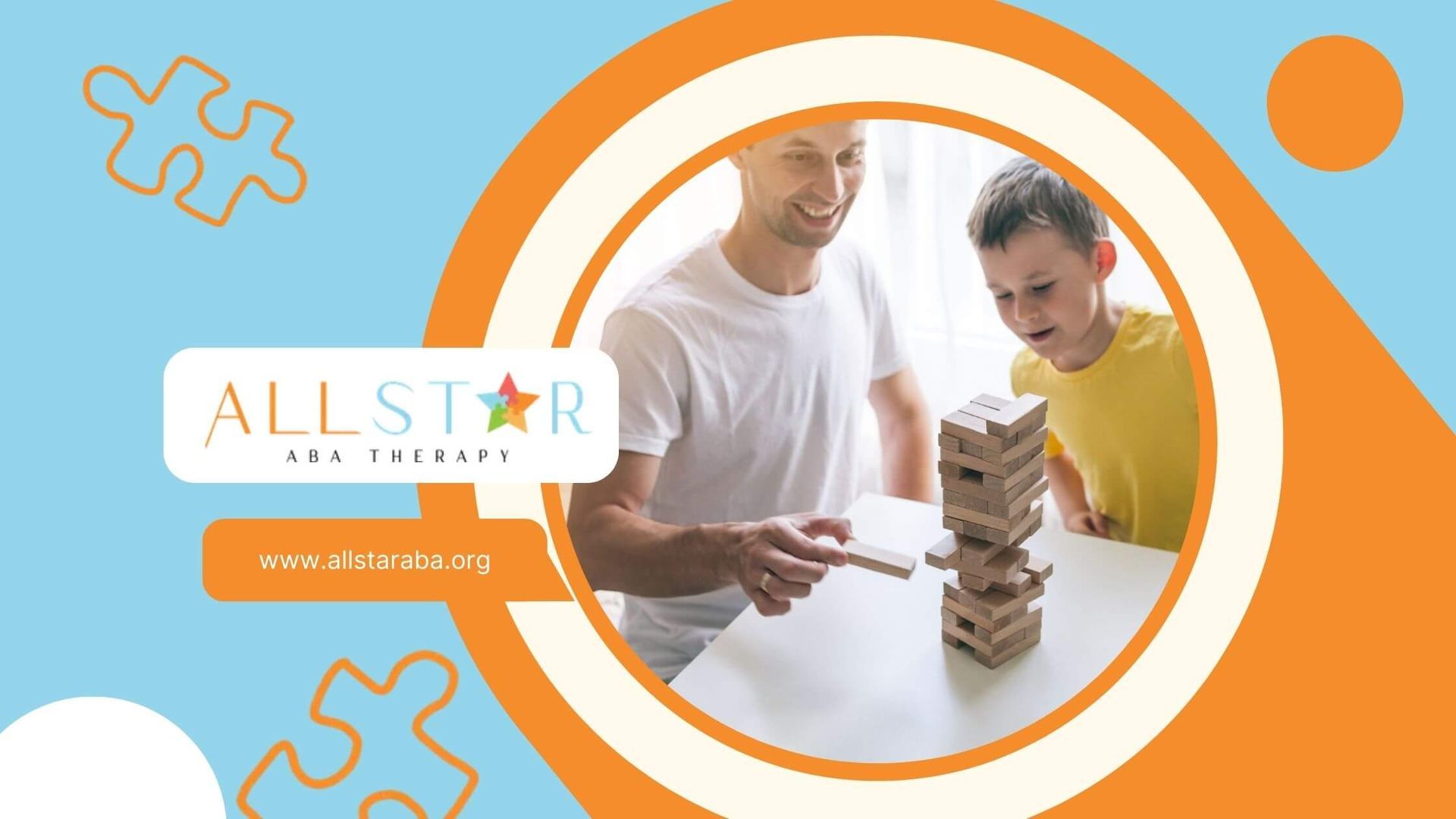New Paragraph
Autism and Change: Making Task Transitions Easier for Families
For many children with autism, moving from one activity to another can be tough. Even small changes, like stopping a favorite game to start homework, may feel overwhelming. Transitions can cause stress, resistance, or meltdowns—but with the right support, they can get easier.
Why Transitions Are Challenging
Children on the autism spectrum often thrive on routine and predictability. A sudden shift from one activity to another can feel confusing or upsetting.
Some common reasons transitions may be difficult include:
- Comfort in routine: Predictable activities feel safe and familiar.
- Difficulty with flexibility: Switching gears quickly can be stressful.
- Attention differences: A child may be deeply focused on what they’re doing and struggle to pause.
- Sensory needs: Transitioning to a new environment or task can bring unexpected sounds, sights, or feelings.
How ABA Therapy Helps with Transitions
ABA therapy teaches strategies to make changes smoother and less stressful. These might include:
- Visual schedules: Using pictures or charts to show what’s coming next.
- Timers or countdowns: Giving a warning before it’s time to switch tasks.
- Positive reinforcement: Praising or rewarding a child for completing a transition successfully.
- Practice in small steps: Building flexibility by starting with shorter, easier transitions.
At All Star ABA, we use these tools every day through in-home ABA therapy, center-based ABA therapy, and school-based ABA therapy. We also provide ABA parent training, so families learn strategies to make daily routines easier.
Families across Maryland and Virginia trust us to support smoother transitions at home, school, and in the community.
FAQs
Why are transitions harder for kids with autism?
They often rely on routine and may struggle with unexpected changes.
Can ABA therapy make transitions easier?
Yes. ABA teaches tools like schedules, prompts, and reinforcement to support smoother changes.
How can parents help at home?
Using countdowns, clear routines, and visual supports can make daily transitions less stressful.
Sources:
- https://www.autismspeaks.org/sensory-issues
- https://www.autism.org.uk/advice-and-guidance/topics/about-autism/sensory-processing
- https://iidc.indiana.edu/irca/articles/transition-time-helping-individuals-on-the-autism-spectrum-move-successfully-from-one-activity-to-another.html
- https://www.brownhealth.org/be-well/children-autism-and-change-tips-make-transition-easier
- https://www.autismtoolbox.co.uk/transitions/
Need Support?
We're Here to Help!
Our experienced team is ready to assist you. Reach out today to discuss how we can support your child's development and well-being.
Get started with expert ABA therapy today.



